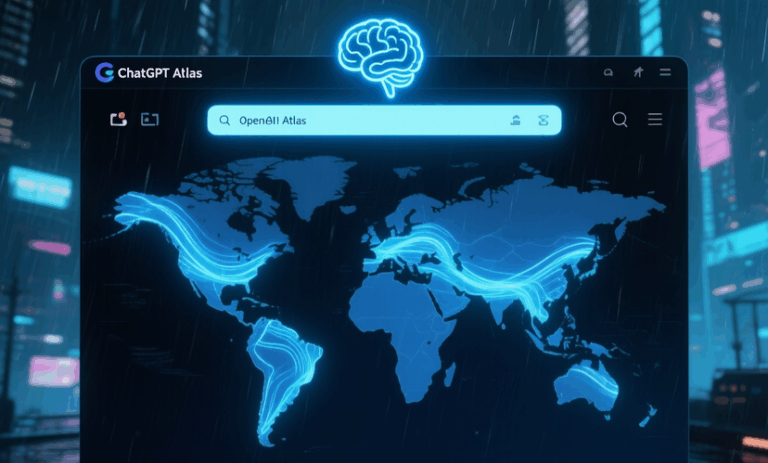
As artificial intelligence continues its rapid evolution, the misconception that you need an exorbitantly expensive GPU to run advanced AI models locally is being challenged. Platforms like Ollama are making it clear that powering sophisticated AI on personal machines is far more attainable than previously thought. Instead of requiring cutting-edge, premium graphics cards, many AI tasks can now be handled by relatively modest hardware, expanding access beyond large-scale data centers and tech giants.
For developers and enthusiasts eager to experiment with AI without relying on cloud services, Ollama’s local AI environment presents a breakthrough. It leverages efficient model architectures and optimization techniques that reduce the dependency on ultra-high-end GPUs. This approach allows users to explore machine learning workflows, build prototypes, and immerse themselves in AI development using more affordable and widely available graphics cards, making the technology less daunting and more inclusive.
The broader implication is profound: as hardware requirements become more manageable, local AI can foster greater privacy, faster experimentation cycles, and more personalized applications. Individuals no longer need to funnel their data through remote servers, which is critical for sensitive information and reduces latency issues. It’s a pivotal shift that empowers users to harness AI tools in entirely new ways right from their own devices.
Moreover, this democratization of AI technology hints at an exciting future where innovation is less constrained by hardware budgets. Hobbyists and small companies alike are getting a foothold without the traditionally high entry cost, helping to cultivate a diverse ecosystem of AI applications and creative solutions. This shift might also drive competition and innovation in GPU manufacturing, encouraging manufacturers to focus on performance efficiency and affordability tailored to AI workloads.
In conclusion, the narrative that advanced AI requires prohibitively expensive GPUs is becoming outdated. With solutions like Ollama pushing the boundaries of local AI usability, we’re witnessing a move toward more accessible, private, and user-friendly AI experiences. This evolution invites more people to participate in AI’s transformation, ultimately accelerating its integration into everyday technology and unleashing new potentials across industries and personal projects alike.



